The initiative? No need to take the cow by the horns
The cow horn initiative is unnecessary and could stir up dissension among farmers, warns Pierre-André Page, parliamentarian from the conservative right Swiss People’s party and a farmer himself.
For ten years, I bred horned cows. For the past 20 years, I have kept a herd of some 40 cows… without horns. So my views on the matter are based on my experience, which today makes me say “no” to the people’s initiative for the dignity of agricultural livestock.
I say “no” to this initiative because there is no need to enshrine a text like this in our constitution. Our fundamental law must not become a kind of Noah’s ark, a long inventory of prescriptive measures. It must remain a document that sets out our legal principles. Already today, Article 104 of the constitution, in particular, provides for financial incentives for farmers who use especially animal-friendly methods.
So why suddenly promote horned cows and put it in the constitution? This is unequal treatment…
“Collateral damage” is assured: farmers in the Valais will ask why their Herens cows don’t receive support, while their counterparts in Fribourg will cry out “don’t forget our black and white pre-alpine race!”, and Swiss German farmers will start demanding subsidies for their grey cows…
I say “no” to this initiative for financial reasons. Subsidies for horned cows will cost some CHF10 million to 30 million ($10-30 million). This money will have to come from the federal budget for agriculture. But to whose detriment? Year after year, alongside my parliamentary colleagues defending agriculture, we have been committed to maintaining subsidies at the level of CHF3 billion.
Therefore, the funding for horned cows will require cuts elsewhere: but where? From support to milk producers? Beet growers? Mountain farmers? Market gardeners? Pig or sheep breeders? Conflict is inevitable.
Not to mention that all federal aid must be overseen. This means an additional administrative burden for the farmer!
And additional bureaucracy for the federal administration: every year, inspectors will have to travel round the country checking whether herds really do comprise horned cows. Office workers will be kept busy filling out forms and more forms… By saying “no” we can avoid this mess.
But let’s leave the legal and financial arguments aside and talk about cows, with or without horns. It is often said that the horned cow is the symbol of Switzerland…

More
‘Yes’ in the name of animal welfare
Let us remember, though, that several breeds of naturally hornless cows exist in our country. But do we really know which cows, those with horns or those without, are happier? You’d have to be very smart to be able to tell! What we do know, however, is that:
• Removing the horn bud from a cow is not painful for the animal and has no effect on its capacity to produce milk.
• Hornless cows are safer: firstly for themselves. They do not hurt each other within the herd. Herd hierarchy is also maintained, even without horns: if a cow wants to be first in the meadow she pushes ahead, butting the others aside with her head. But they are also safer for the farmer, or visiting vet, who can accidentally be dealt a very sharp blow while working in the barn.
Here’s another paradox of the initiative: the government has encouraged farmers to build and equip loose housing systems – to meet animal protection requirements. But to prevent their horned cows from hurting each other, farmers will have to enlarge the stabling area in order to give their animals more room… or revert to restrictive, tie-up stalls.
I say “no” to this initiative because:
• legal measures are already in place in Switzerland to protect animals;
• financially, the government and parliament cannot afford to indemnify the breeders of horned cows;
• as for the cows, they are safer and can move about more freely without horns. And they are just as happy. You have my word as a farmer.
The views expressed in this article are solely those of the author, and do not necessarily reflect the views of swissinfo.ch.
Adapted from French by Julia Bassam/urs

In compliance with the JTI standards
More: SWI swissinfo.ch certified by the Journalism Trust Initiative








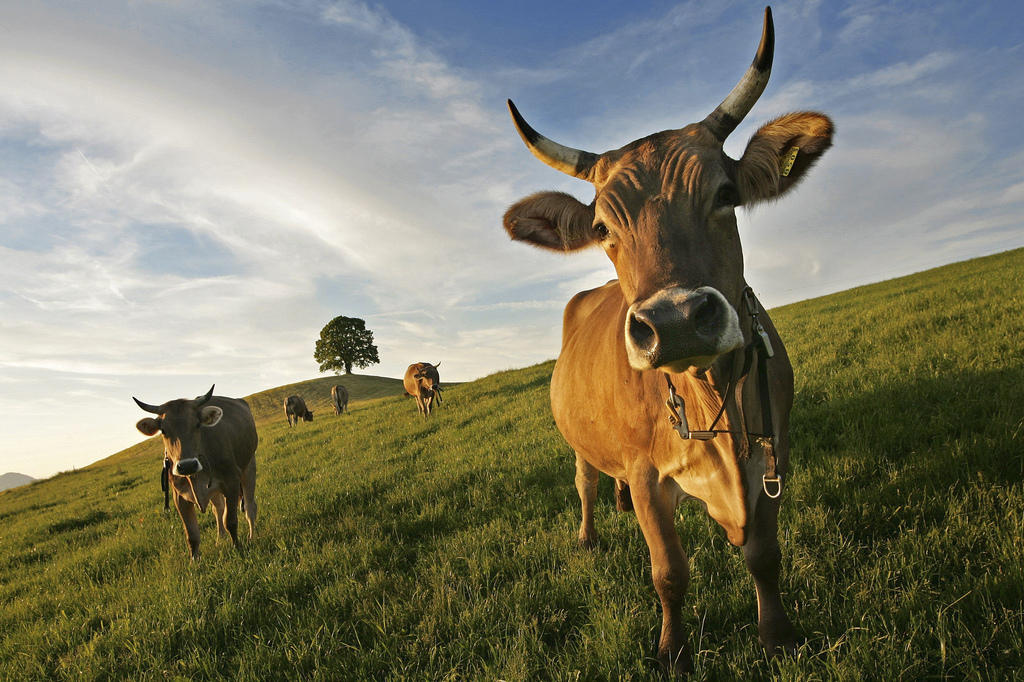
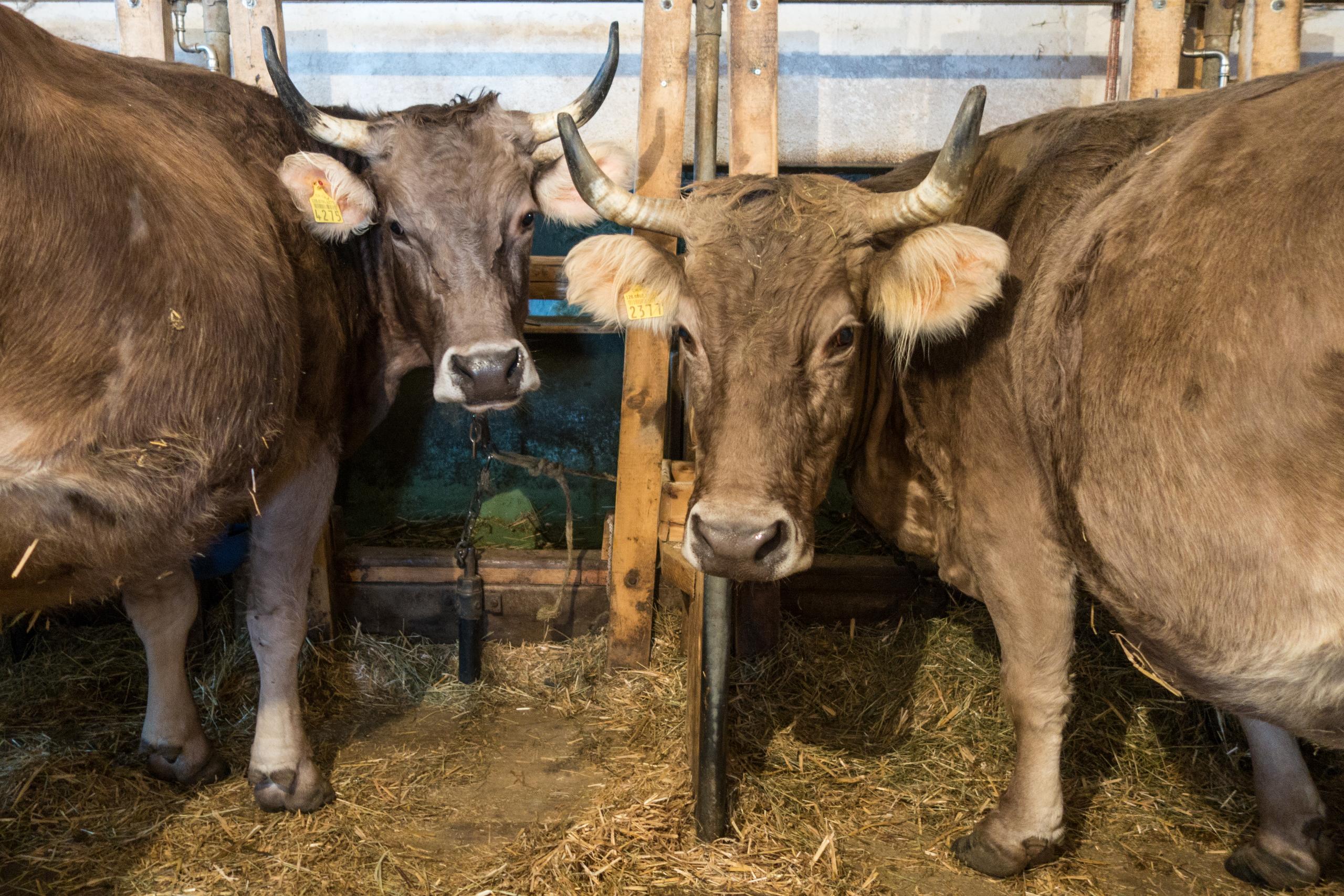
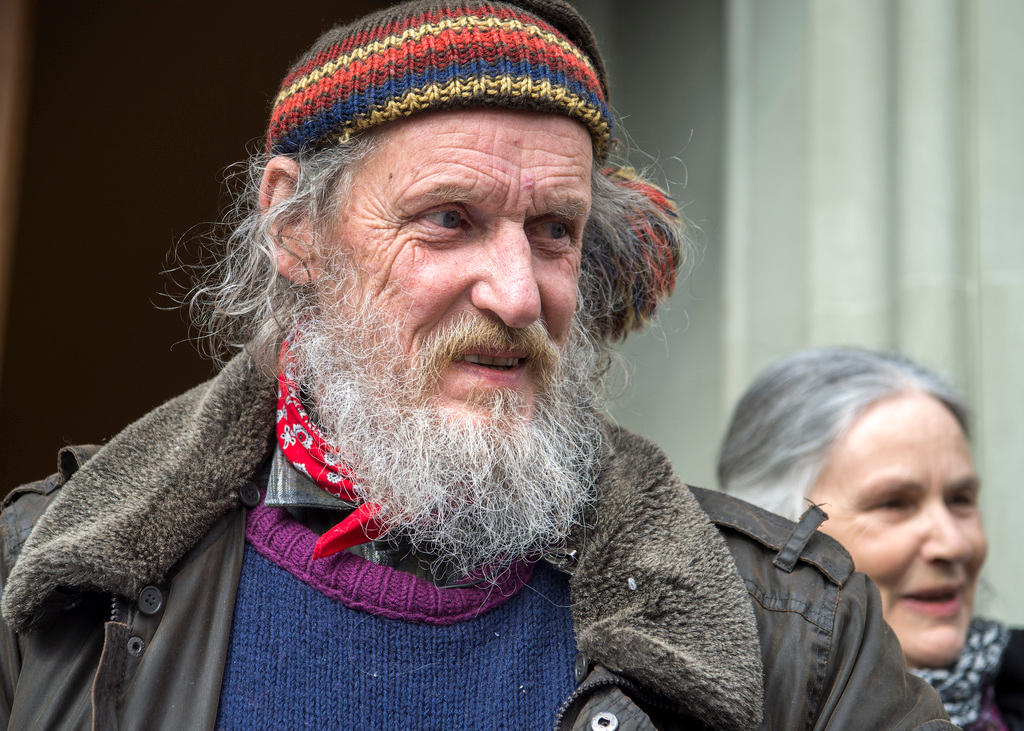
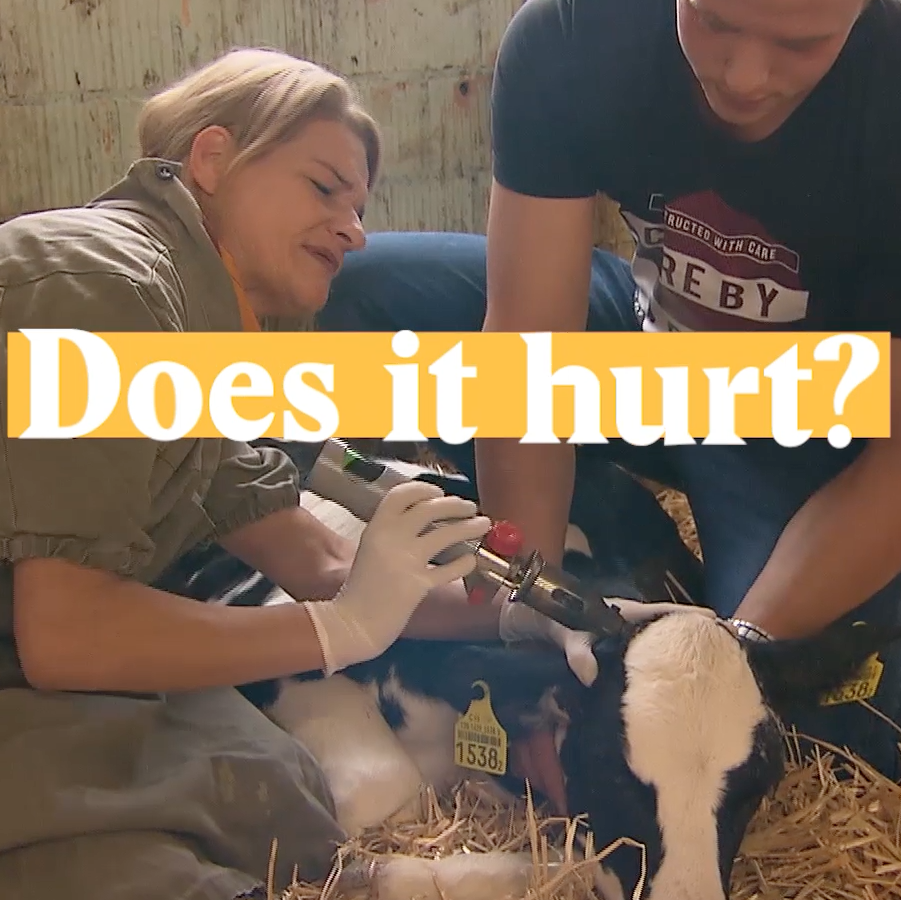
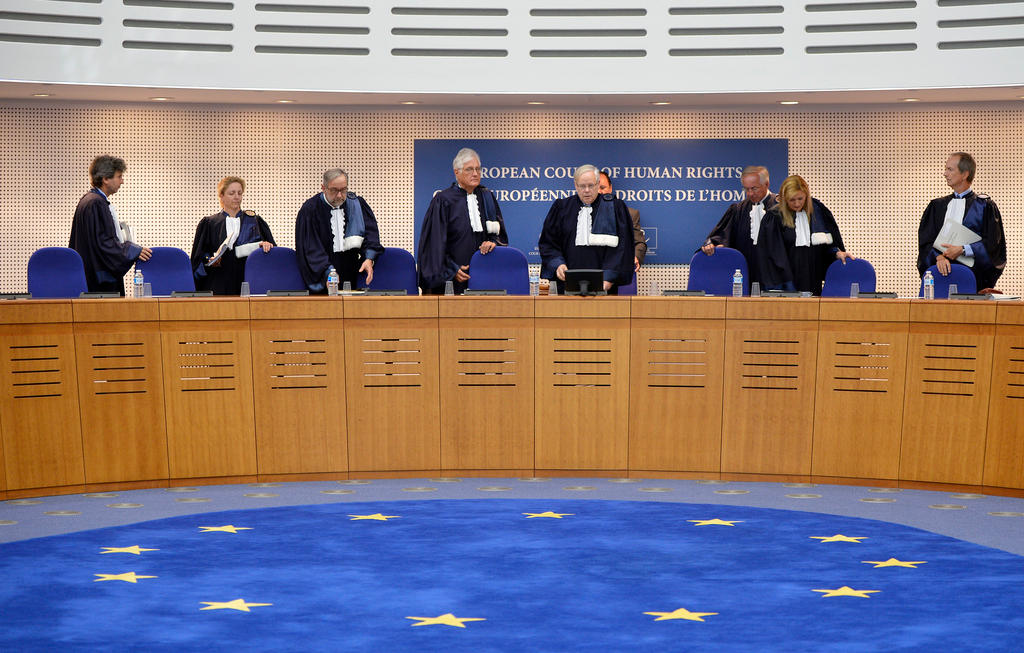
You can find an overview of ongoing debates with our journalists here . Please join us!
If you want to start a conversation about a topic raised in this article or want to report factual errors, email us at english@swissinfo.ch.